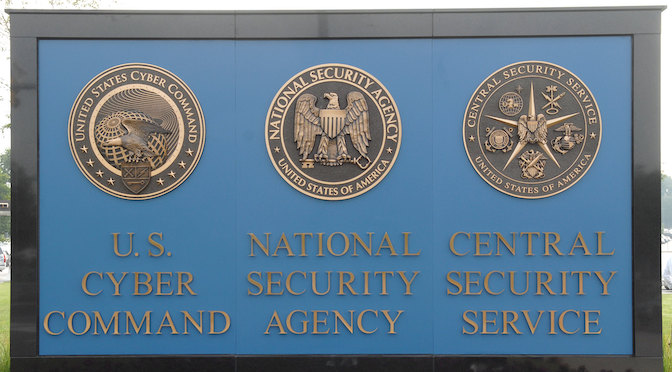Discussions of the Espionage Act usually focus on the public’s conception of “spying.” Spies steal information that their government seeks to keep secret and disclose that information to other governments. A common acronym, “MICE,” describes the common motivations for spying: money, ideology, compromise, and ego. The Espionage Act, however, covers a broader set of conduct… Continue reading Willfulness and the Harm of Unlawful Retention of National Security Information
Tag: Secrecy
A Review of “The Future of Foreign Intelligence: Privacy and Surveillance in a Digital Age” by Laura K. Donohue
Joel Brenner presents his critique of Professor Laura Donohue’s The Future of Foreign Intelligence, and its “full-throated denunciation of the entire legal framework regulating the government’s collection of data about American citizens and permanent residents.” He discusses her findings in detail, and in the end, finds that they both agree on a number of specific… Continue reading A Review of “The Future of Foreign Intelligence: Privacy and Surveillance in a Digital Age” by Laura K. Donohue
Beyond Privacy & Security: The Role of the Telecommunications Industry in Electronic Surveillance
From the perspective of private industry, Mieke Eoyang examines the interplay between US national security electronic surveillance and the US telecommunications companies that are necessary intermediaries for this surveillance, tracing the history of major surveillance programs and identifying key areas of tension. Eoyang recommends reforms including a court process for government access to overseas data… Continue reading Beyond Privacy & Security: The Role of the Telecommunications Industry in Electronic Surveillance



